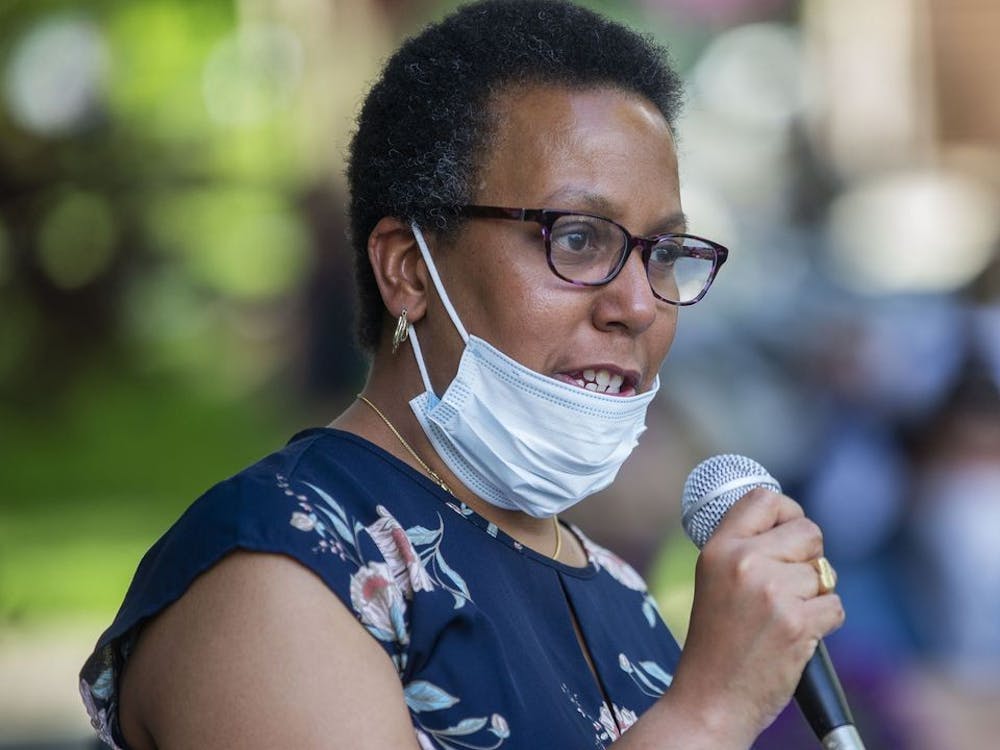From the time I was a 5-year-old in kindergarten to a maturing woman during my senior year of high school, I only had five Black teachers. Only five teachers who I looked at and saw a glimpse of myself in.
Black teachers embody an implicit brilliance and they do not receive enough credit for it. The first Black teacher I ever encountered was in sixth grade — Mrs. Williams. She was an older woman who moved with wisdom and poise. She was soft spoken, fragile and sweet.
In sixth grade, I was one point shy of honor roll at the end of a marking period. Mrs. Williams would not allow me to settle. Through her behind-the-scenes advocacy for me, I was able to make the honor roll for the first time.
I only had four more Black teachers for the rest of my K-12 career.
As the uncertainty of the COVID-19 pandemic forces schools to make tough decisions on what teaching and learning must look like, we must specifically appreciate Black teachers. We must recognize and applaud the added burden yet privilege of what it means to be Black and a teacher simultaneously.
According to the National Center for Education Statistics, Black teachers made up only 12% of the U.S. public school teaching force in 2019. White teachers made up 79%.
Many Black students never get to have a Black teacher. A research study conducted by John Hopkins University and American University found the more Black students encounter Black teachers, the higher the likelihood is they will graduate high school and enroll in college.
Andre M. Perry, fellow in the Metropolitan Policy Program at the Brookings institue in Washingon, D.C., noted when Black students encounter a Black teacher at least once in elementary school, their chances of completing high school and enrolling in college are increased.
Black students should be able to see excellence in various forms each day. When they have a Black teacher, they are able to see someone who looks like them advocate on their behalf. Black students are able to relate to Black teachers in a more personal way and often see a direct reflection of themselves.
In today’s social climate, Black teachers continue to stand on the principles of social justice and push students to reach higher levels of critical thinking through combining culture and learning.
In August, two Georgia teachers remixed the song "What’s Poppin" by Jack Harlow as a welcome back video for students. As this video spread quickly across social media, these two teachers reinforced the ideas that teachers can be relatable and culturally relevant.
Christopher Edmin, the creator of the social media movement #HipHopED, researches and speaks out about the connections between teaching and learning and goals of peace, justice, equity and equality. He champions the use of hip-hop as a form of teaching pedagogy while teaching science in classrooms.
It is these actions and countless more that add to the long list of why Black teachers are needed.
These actions are a small excerpt of how Black teachers are intentional about the learning and engagement of the students in front of them. The presence of Black teachers reinforces the message to Black students that they too can be whatever and whomever they want.






